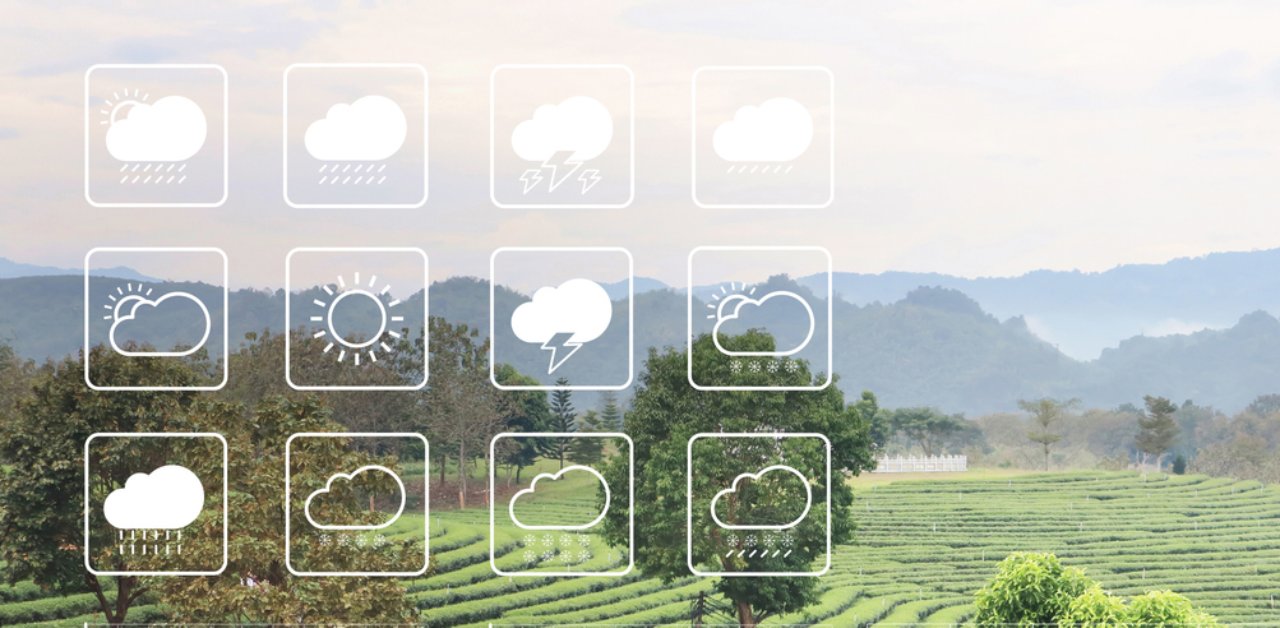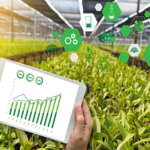The agricultural sector plays a crucial role in India’s economy, employing more than half of the country’s workforce and contributing to a significant portion of its GDP. However, the sector is highly dependent on weather conditions and water supply, making it vulnerable to climate change and extreme weather events.
In recent years, the use of artificial intelligence (AI) has shown promising results in predicting weather patterns and water supply levels for the agriculture sector in India. AI-based weather and water predictions can help farmers plan their planting schedules, irrigation strategies, and pest management more effectively, leading to higher crop yields and reduced wastage.
According to a report by Accenture, the use of AI in agriculture has the potential to increase crop yields by up to 70%. This is especially significant for India, where the majority of farmers are smallholders with limited access to resources and technology.
Moreover, AI-based solutions can help farmers mitigate the impact of climate change on agriculture. As climate change leads to more frequent and intense weather events, AI can help farmers prepare for and respond to extreme weather conditions, ultimately reducing crop losses and improving their resilience.
In India, the use of AI in agriculture is still in its early stages. However, several initiatives and programs have been launched by the government and private sector to promote the adoption of AI-based solutions in agriculture. For example, the Indian Council of Agricultural Research (ICAR) has partnered with IBM to develop an AI-based tool that can predict crop yields and help farmers make better decisions. Overall, the use of AI in agriculture has the potential to transform the sector in India by providing farmers with more accurate and timely predictions for weather conditions and water supply levels.
As AI continues to advance, we can expect to see even more innovative applications of this technology in the agriculture sector, ultimately leading to a more sustainable and resilient future for Indian agriculture.
















AI,needs to be used to:
reduce demand for water based on biomass to water ratios
Crop selection based on soil,rainfall to maximise income moisture conservation, mixed cropping,( agro forestry),nurseries, beekeeping etc
It could give right combo to achieve agri income of say 2000 rs/ M3 of water.
AI could also help pricing trends on maturity for forestry crops based on past data.
It could be also used to give pricing trends for perishable crops in the season to establish economies of preservation. And minimise wastages.